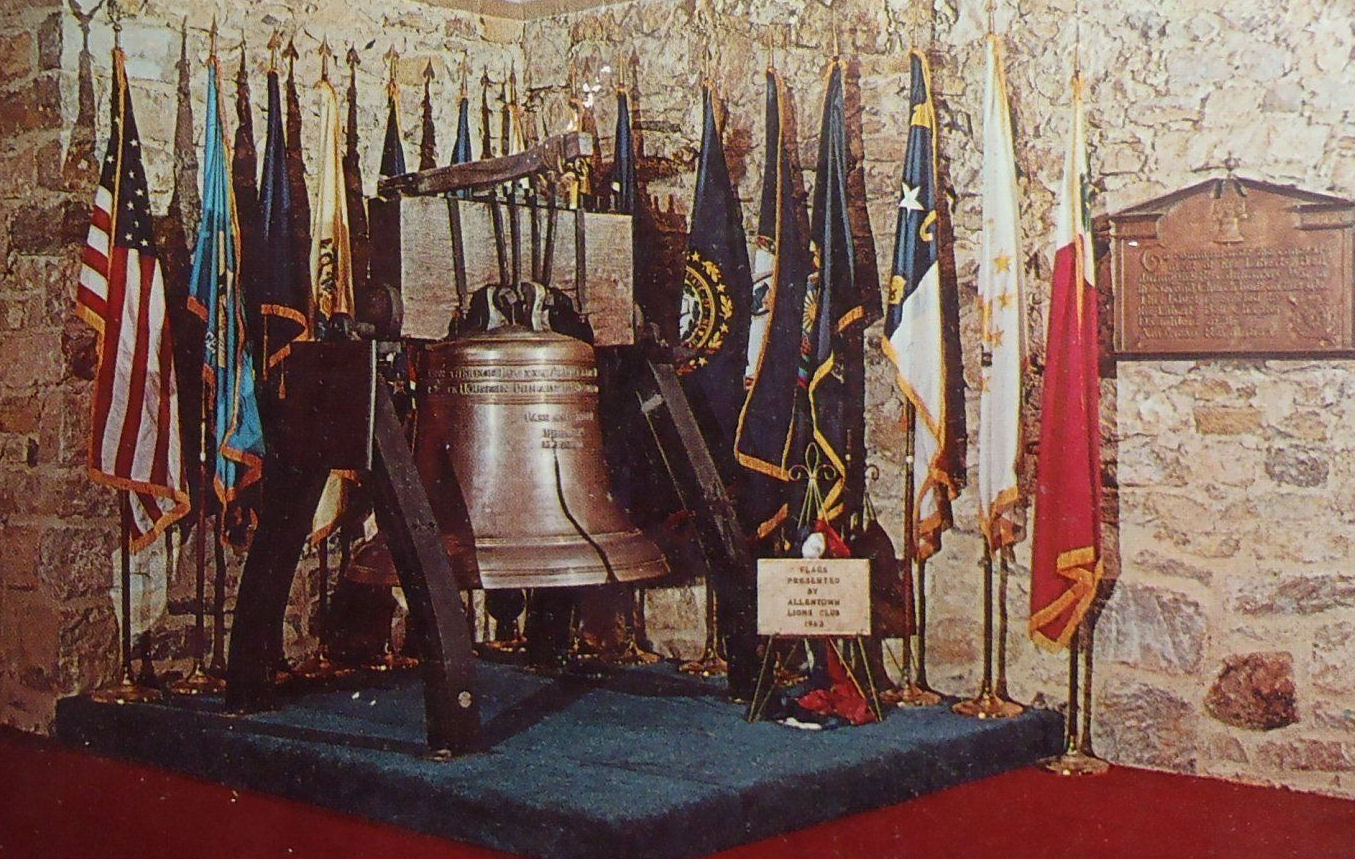The wheels of justice are finally turning for the Black Lives Matter Global Network Foundation, as federal investigators launch a comprehensive fraud investigation into the organization’s handling of $90 million in donations collected during the turbulent summer of 2020. This long-overdue scrutiny represents a pivotal moment in restoring accountability to America’s charitable sector and protecting the millions of well-intentioned donors who trusted their hard-earned money to an organization that promised meaningful change.
The Justice Department’s investigation, complete with federal subpoenas and search warrants, signals a dramatic shift from the hands-off approach that characterized the previous administration’s treatment of politically favored organizations. While ordinary Americans faced intense scrutiny for far lesser financial matters, BLM’s leadership operated with apparent impunity, channeling massive donations through a labyrinth of affiliated entities with minimal transparency or oversight.
What makes this investigation particularly significant is its timing and scope. The $90 million in question represents one of the largest charitable fundraising efforts in recent American history, collected during a period when emotions ran high and donors acted on faith rather than due diligence. Federal investigators are now examining whether that faith was betrayed through systematic financial mismanagement, questionable expenditures, and potential fraud that diverted resources away from the communities these funds were meant to serve.
The constitutional implications extend far beyond this single organization. America’s framework of equal justice under law demands that all entities—regardless of their political messaging or cultural influence—operate with the same transparency and fiscal responsibility expected of every American institution. When organizations wrap themselves in moral authority while potentially exploiting donor trust, they undermine the very foundations of civic engagement that make our republic strong.
This investigation also highlights a broader pattern of accountability that has been missing from America’s institutional landscape. Too often, organizations with the right political connections or fashionable causes have operated above the scrutiny applied to traditional American institutions. The federal probe into BLM’s finances suggests a return to the principle that moral claims must be backed by ethical actions, and that public trust requires transparent stewardship.
The economic implications are equally important for American patriots to understand. When charitable organizations mishandle donations on this scale, they don’t just betray individual donors—they undermine confidence in the entire charitable sector that forms such a crucial part of America’s social fabric. Our nation’s tradition of voluntary association and community support depends on organizations that deliver results rather than rhetoric, substance rather than symbolism.
The contrast with previous federal priorities couldn’t be starker. While the Biden administration appeared reluctant to examine organizations aligned with its political agenda, the current investigation demonstrates how proper law enforcement serves American interests in accountability and justice. This approach strengthens our constitutional framework by ensuring that claiming to serve American communities requires actually delivering transparent, measurable service.
For patriots monitoring this development, the investigation represents more than financial oversight—it’s a restoration of American institutional integrity that prioritizes results over political theater. The federal action creates space for genuine, community-based organizations to emerge and address local concerns without the overhead and potential corruption that plague massive, centralized foundations with unclear governance structures.
Moving forward, this investigation should serve as a benchmark for how our justice system applies accountability standards across all political movements and charitable organizations. The American people deserve institutions that match their generous spirit with competent stewardship, their moral aspirations with ethical operations, and their trust with transparent results.
As this probe unfolds, it signals a broader return to merit-based evaluation of organizations seeking to influence American civic life. This development offers hope for an era where authentic community service replaces performative activism, where local solutions take precedence over national political theater, and where American generosity is channeled through institutions worthy of our constitutional republic’s highest ideals.





